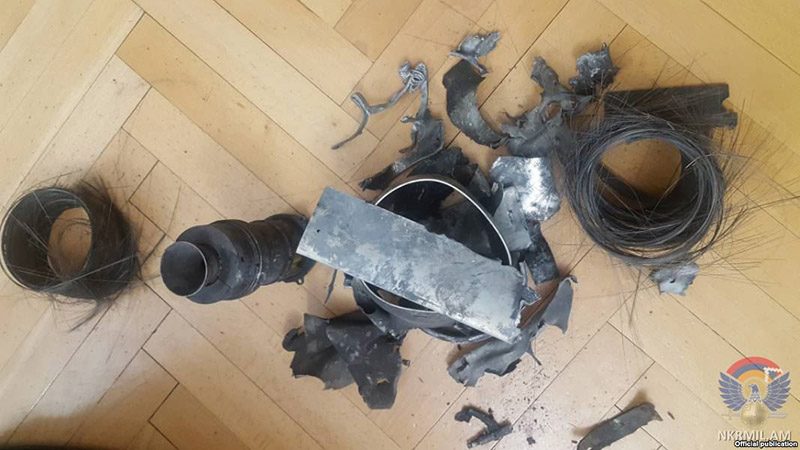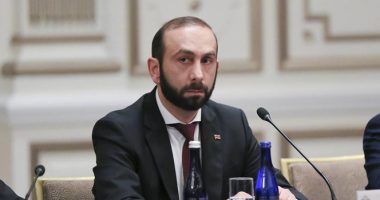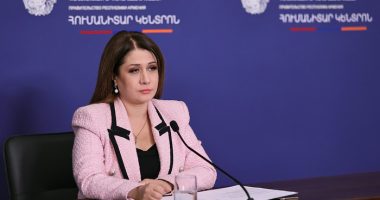YEREVAN — The U.S. ambassador in Yerevan, Richard Mills, met with Prime Minister Karen Karapetian on Friday for further discussions on the Armenian government’s stated efforts to combat endemic corruption in Armenia.
Karapetian was reported to brief Mills on the government’s “consistent policy” of reducing “corruption risks” through the enactment of relevant legislation and the “active work” of its Anti-Corruption Council. A government statement also cited him as calling for U.S. assistance to the council and his broader reform agenda.
According to the statement, Mills praised the Armenia government’s efforts to strengthen the rule of law and improve the business environment, saying that they have already increased U.S. investors’ interests in Armenia. “He said that over the past 8-10 months he has received positive signals from American companies operating in Armenia especially with regard to ongoing reforms in the customs sector,” added the statement.
Mills urged the authorities in Yerevan to tackle corruption in earnest in a speech delivered in February. He said they should send a “clear message from on high that corruption will not be tolerated and that no one … is above the law.” In that regard, the envoy suggested that the government set up a “fully independent anti-corruption body that can both investigate and prosecute cases.”
The authorities decided instead to form a different anti-graft body that will start functioning early next year. The Commission on Preventing Corruption is to scrutinize income and asset declarations to be submitted by over 2,000 senior state officials and investigate possible conflicts of interest among them. Under a government bill passed by the Armenian parliament in June, it will be empowered to ask law-enforcement bodies to prosecute officials suspected of graft.
The separate Anti-Corruption Council was previously overseen by Karapetian’s predecessor, Hovik Abrahamian. It approved in 2015 a three-year plan of actions against various corrupt practices.
Despite skepticism voiced by many Armenian civil society members, the U.S. Agency for International Development (USAID) pledged in February 2016 to support the program’s implementation with a $750,000 grant. Mills said in February that the USAID has since allocated less than 2.5 percent of that money because of a lack of “concrete progress” in the work of that body.
The USAID’s current country director for Armenia, Deborah Grieser, was also present at Mills’ latest meeting with Karapetian.
Armenia ranked, together with Bolivia and Vietnam, 113th out of 176 countries evaluated in Transparency International’s most recent Corruption Perceptions Index released in January.










